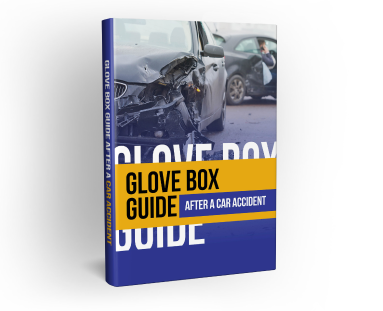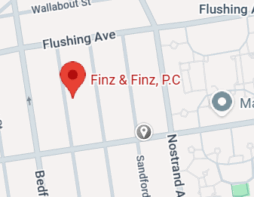Welcome to Our Blog
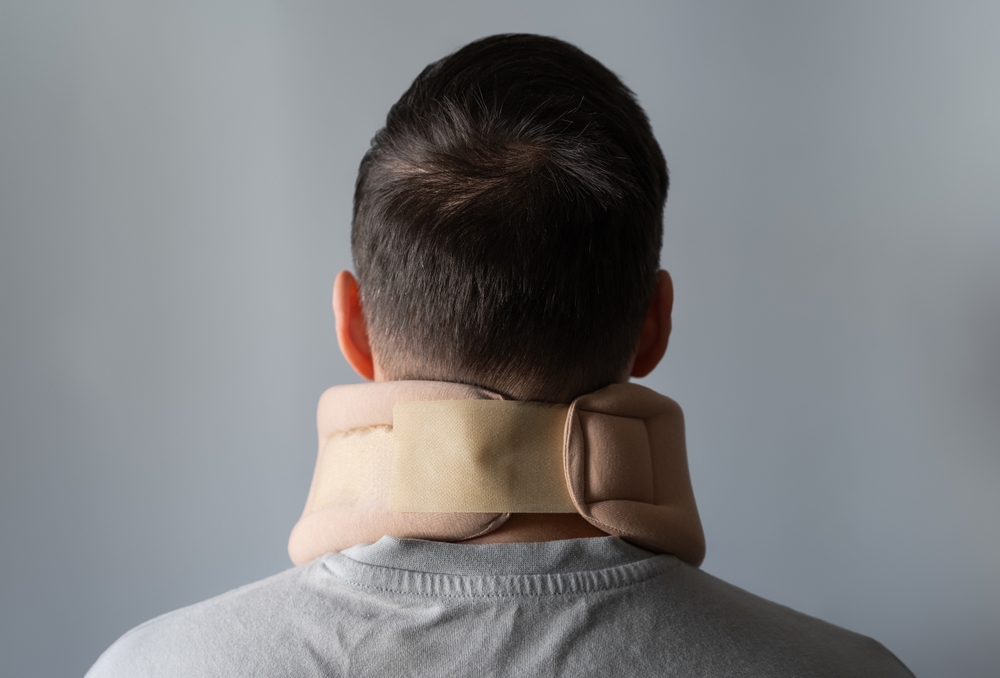
Neck injuries often cause far more damage than insurance companies acknowledge. Trauma to the cervical spine can limit movement, cause nerve pain, and interfere with basic activities, yet adjusters frequently treat these cases as minor. An experienced personal injury lawyer can turn complex medical findings into clear, persuasive evidence that

Fair compensation after an injury involves much more than a simple calculation. Insurance companies often use computer programs and internal valuation systems that are designed to limit payouts and protect their profits. A skilled New York personal injury lawyer understands how these systems work and can identify the factors that

After a car accident, the clock immediately starts ticking on your right to compensation. New York law sets strict deadlines for filing claims after a car accident, including those for injuries, property damage, and other losses. Missing even one deadline can permanently block your right to recover compensation. An experienced

Reckless driving elevates a simple traffic offense into a serious crime that can result in jail time, substantial fines, and long-term consequences for your driving record and insurance premiums. When someone’s reckless actions cause a crash and injure others, justice demands they be held responsible for the harm they’ve caused.
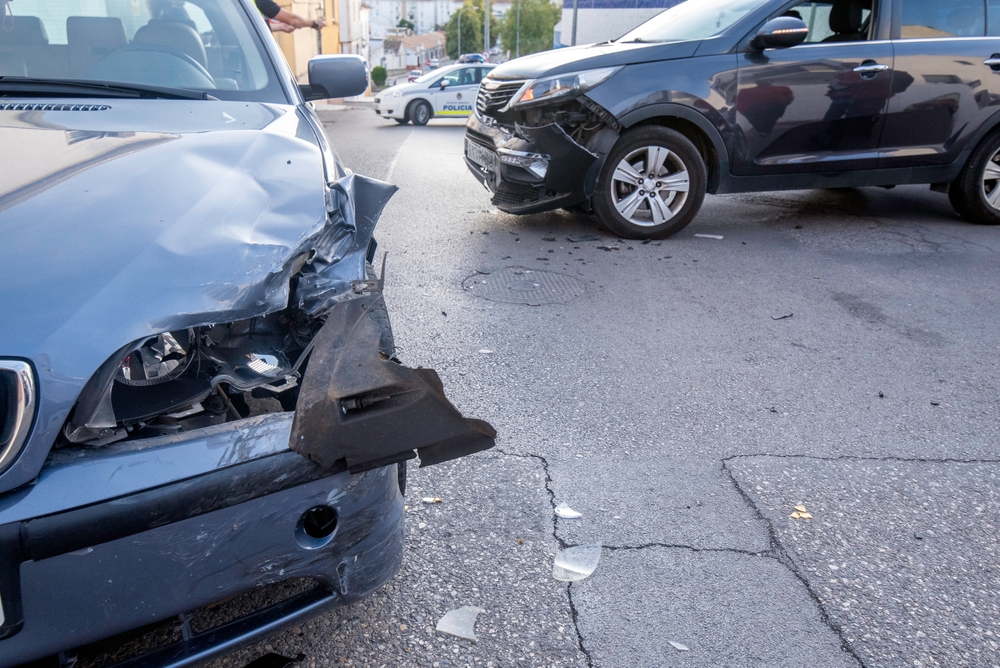
If you were hurt in a car crash in New York, it is important to understand how the state’s no-fault insurance system works. Under this system, your own insurance covers medical expenses and lost wages regardless of who caused the crash. This means you can receive help right away without
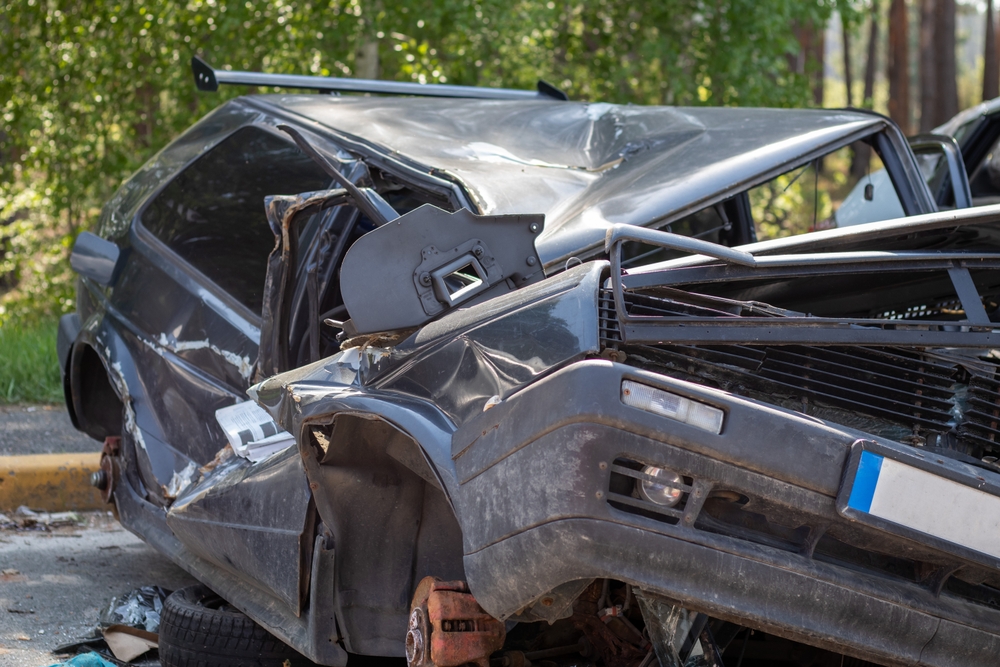
After a crash, you trust that the other driver’s insurance will take care of your injuries. Then reality sets in: the coverage barely makes a dent in your growing medical bills or lost income. It’s frustrating and feels deeply unfair. When another driver’s insurance falls short, you may still have
We are proud to share that our firm, Finz & Finz, P.C., secured a $40 million verdict from a Nassau County jury on behalf of a man who suffered life-altering paralysis after two Long Island hospitals failed to properly treat his stroke. Hospitals Found Negligent in Failing to Treat Stroke

When potholes swallow your tire on the FDR Drive or construction plates send your car sliding on Atlantic Avenue, determining liability becomes complex. Multiple government agencies, contractors, and property owners may share responsibility for road hazards, but strict notice requirements and tight deadlines can bar your claim entirely. Municipal laws,

After a truck accident, taking specific actions protects your health and your legal rights. The days following a collision with a commercial truck in New York are pivotal for a future claim. A truck accident attorney provides the guidance to handle interactions with insurance companies and pursue a fair resolution.

In many situations, your landlord is responsible if you get hurt on their property. This responsibility arises when your injury results from your landlord’s negligence in maintaining a safe environment. A premises liability attorney helps you analyze the situation, gather evidence, and pursue the compensation you need to recover from








